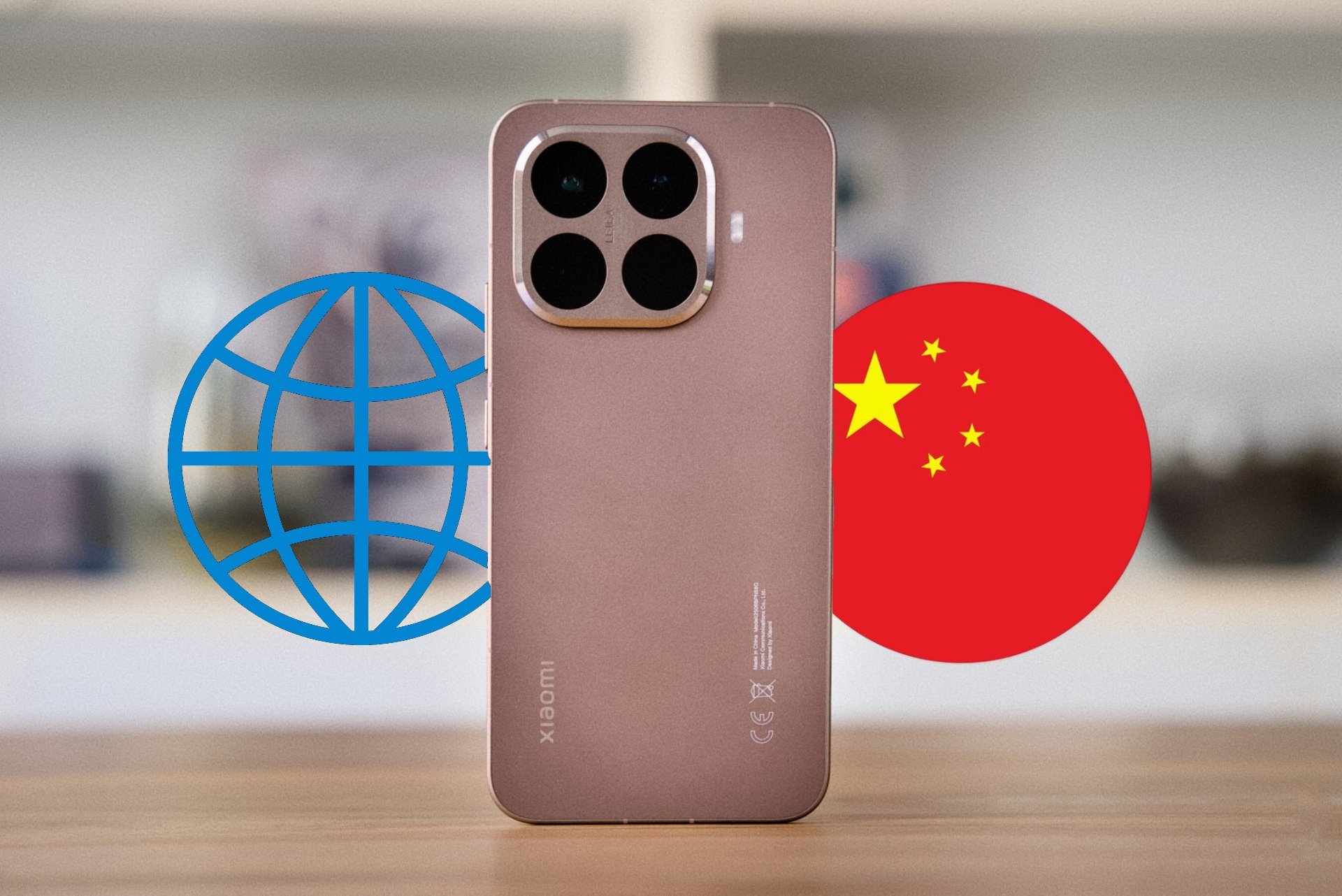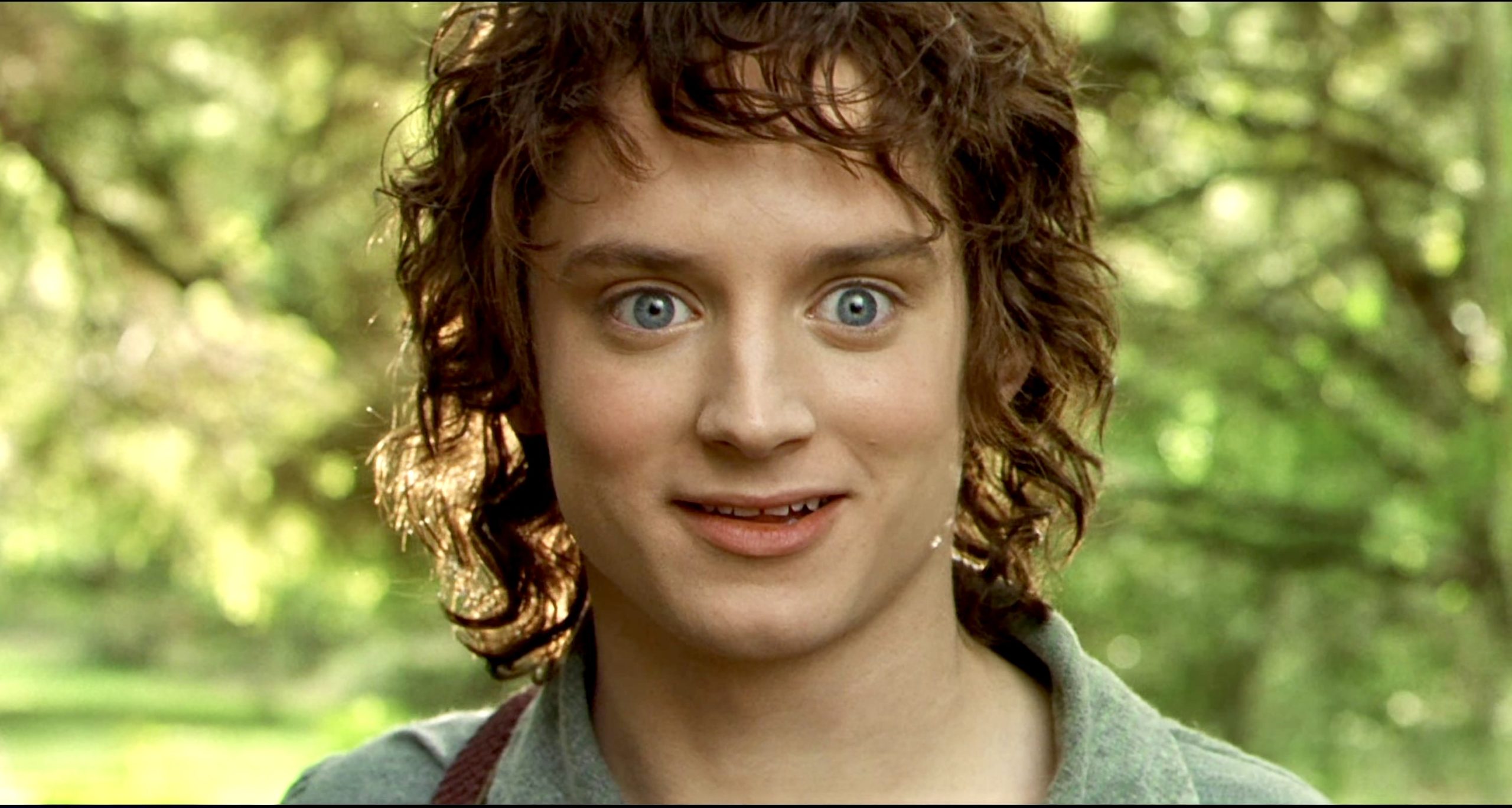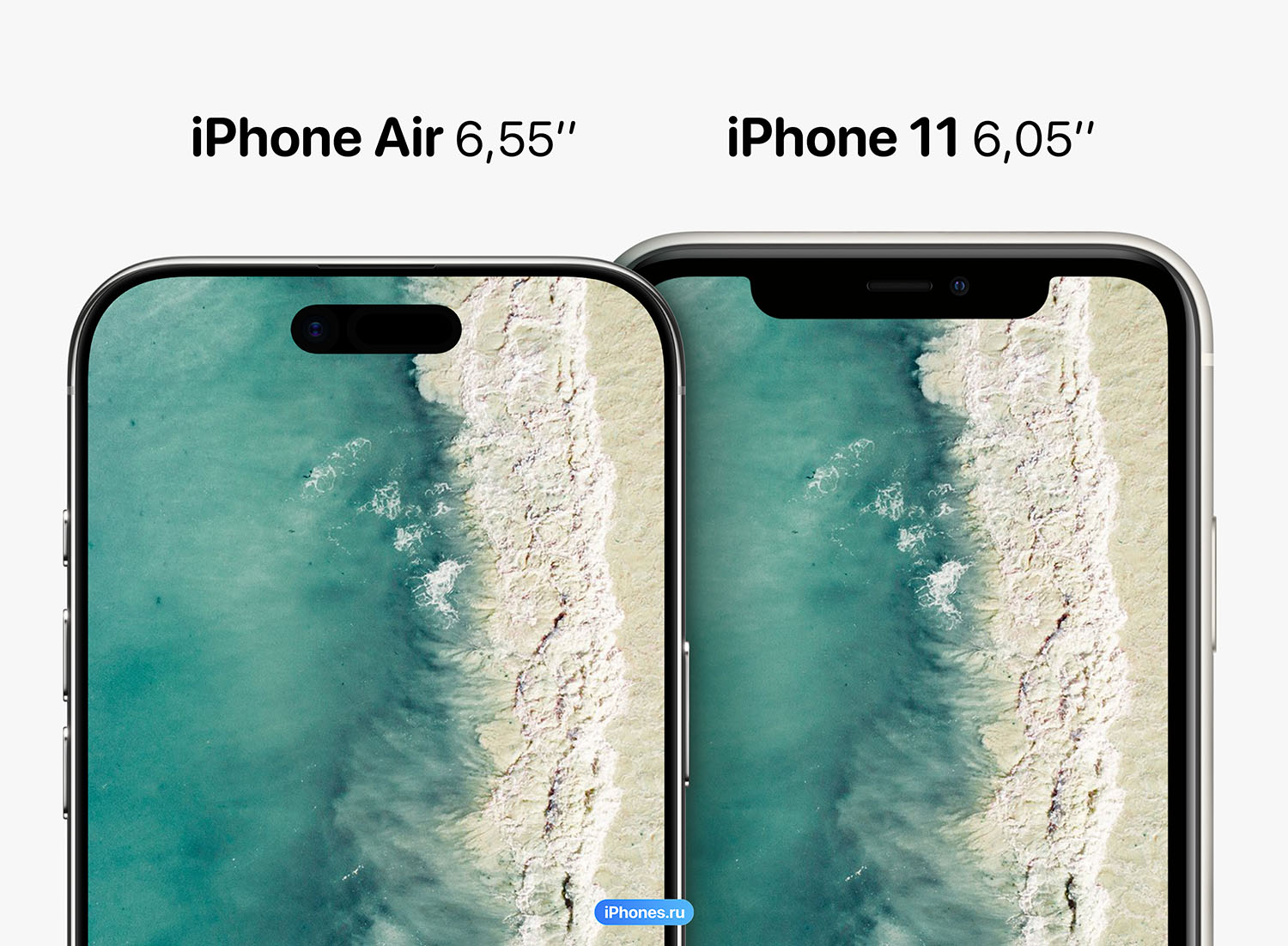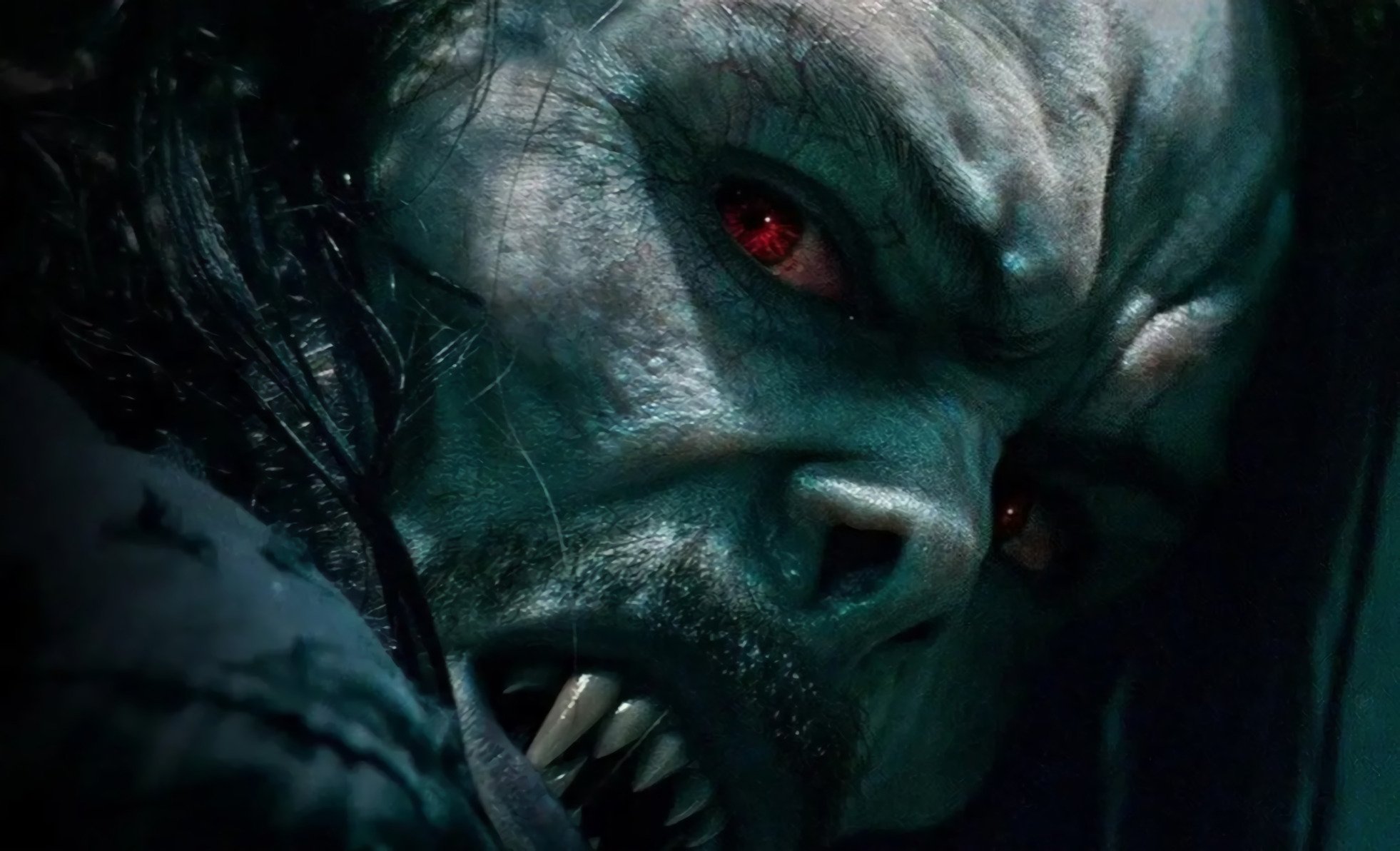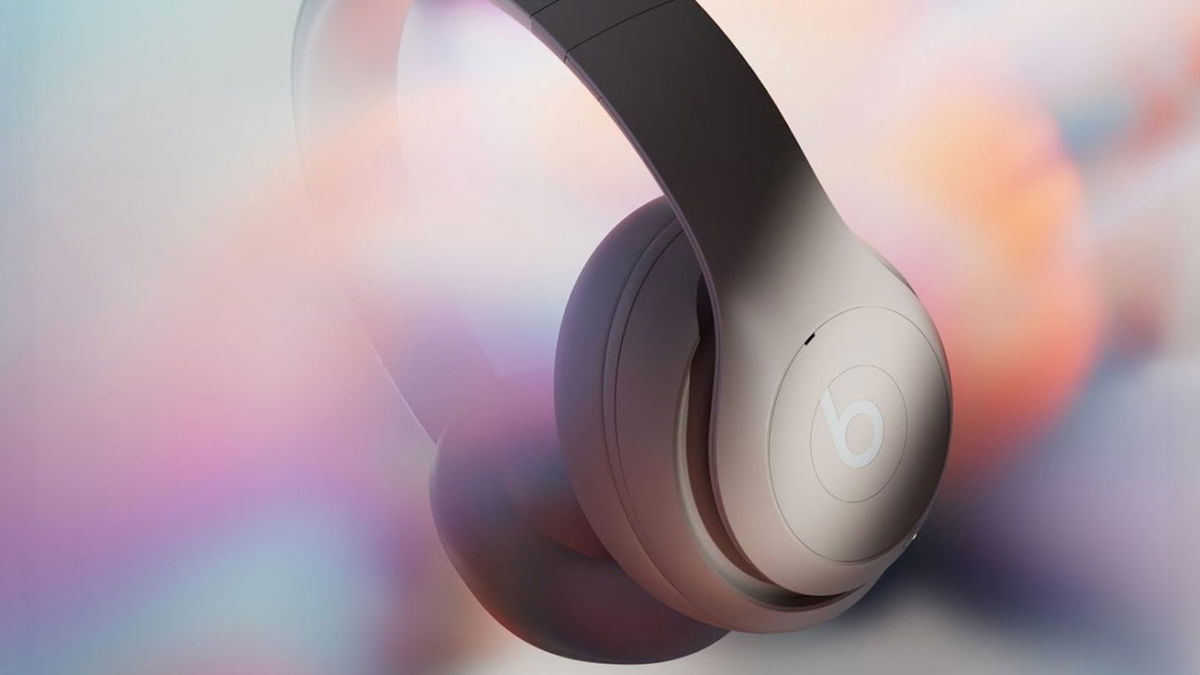Researchers from Southern Federal University have developed a vision system to monitor underwater space.
Currently, to obtain information on the state of the sea depths, scientists are forced to dive or test prey, both independently and with the help of underwater instruments. Estimates based on these methods are always approximate and have a large margin of error.
The surveillance system, created by Russian scientists, consists of a network of mobile underwater vehicles equipped with fixed buoys and video cameras – ordinary portable and even smartphone cameras hidden in a protective box.
Denis Krivoguz, one of the leading researchers in the Department of Oceanology at Southern Federal University, explains that the picture they took was analyzed by a neural network. He artificial intelligence frames the image, analyzes it and converts it back to video. Enhancement can identify both stationary and moving objects with 90% accuracy.
Researchers train a neural network on the Sea of Azov ecosystem by manually marking an image and noting on it the marine animal and plant species, various bottom features, and other data that come within the camera’s field of view. They artificially reduce the quality of the video in which the program is taught, with various interventions, so that the artificial intelligence is ready to work in difficult conditions. In addition, scientists change the state of the marine environment, with the change in which the appearance of objects in the image also changes.
Experts were able to teach the neural network to recognize adult pilengas and their offspring, needlefish, gobies and jellyfish. Krivoguz noted that the hardest thing to recognize is the jellyfish, because it’s translucent under water and looks unusual.
Source: Ferra
I am a professional journalist and content creator with extensive experience writing for news websites. I currently work as an author at Gadget Onus, where I specialize in covering hot news topics. My written pieces have been published on some of the biggest media outlets around the world, including The Guardian and BBC News.

